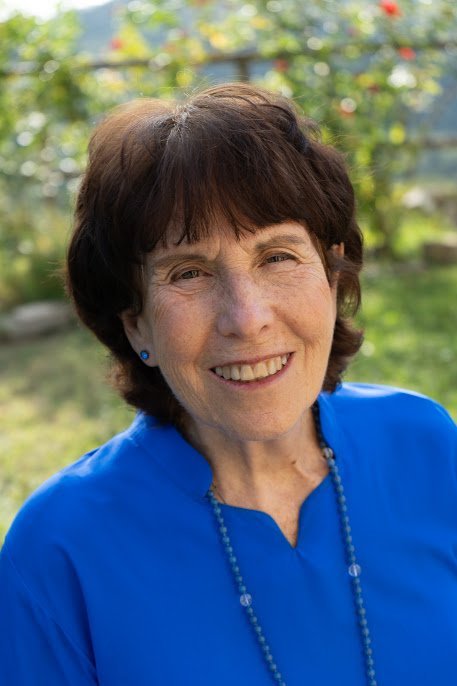Online class with Shivani Lucki from Ananda Assisi
You Are What You Think!
“Develop the Healing Superpowers of Your Mind. All disease has its roots in the mind. If the mind can produce ill health it can also produce good health.” –Paramhansa Yogananda
What if the key to your health, happiness, and success lies not in what you do, but in how you think? The way we think shapes everything—our appearance, moods, opportunities, and even our ability to navigate life’s challenges. But until we take control of what Yogananda calls our “mental diet,” the doorway to healing Life Force will remain closed.
In this seminar, based on the second volume of the Healing with Life Force trilogy, Shivani will guide you through powerful practices to unlock and master your mind’s healing superpowers:
The Conscious Mind: Learn how to harness the powers of concentration, willpower, and visualizationto create the life you desire.
The Subconscious Mind: Explore Yogananda’s method for establishing healthy, constructive habitsthat support lasting transformation.
The Superconscious Mind: Awaken your intuition—your ability to receive divine guidance and life-changing insights.
Step into a new realm where your thoughts become allies, and your mind a key to a healthier, more fulfilling life.
Cost $30
A Zoom link will be sent upon registration.
Shivani Lucki is a founding member of Ananda communities in California and Europe, and a foremost proponent and practitioner of Paramhansa Yogananda’s teaching and techniques for self-healing. She is the founder and director of the Life Therapy School for Self-Healing in the Yogananda Academy of Europe. For fifty years she has led seminars and workshops throughout India, Europe and US, helping people to discover their own healing powers.
From Healing with Life Force
Live or Die (from true stories )
Although Samuel had been feeling distinctly unwell, he was reluctant to alarm his family, and so he had said nothing about the pains that were coming with increasing frequency and urgency. “Probably just age,” he thought. Now in his sixties, he had considered retiring from a job that had long since ceased to hold any interest for him.
After a general checkup, the doctor referred him to an oncologist, who announced that he had an inoperable terminal cancer, and that he had perhaps six months to live.
Devastated, Samuel told his family that the doctor said he would die within six months. And from that day he began to die, quitting his job to sit before the television and take the medication the oncologist had prescribed for the symptoms. Profoundly depressed, he fended off the efforts of friends to cheer him with invitations to play cards, enjoy a family dinner, or spend time with his grandchildren. Why bother? He was going to die.
The six-month prognosis proved overly optimistic – after three months, Samuel was gone.
The oncologist who had diagnosed Samuel’s cancer had another patient, Luca, who was roughly the same age as Samuel and had received an identical diagnosis and prognosis. But when Luca revealed the news to his family, he announced that he intended to live his final months to the full.
Luca loved his work and his colleagues. He reduced his hours and redefined his role as helping the others acquire the skills to carry forward the plans they had made together. In his spare time, he took a drawing class that he’d formerly been unable to find time for. The instructor soon discovered that Luca had talent, and within months he had enough sketches for a small exhibition.
Luca was happier than ever. Together with his wife, he traveled to exotic locales, where they experienced a diversity of cultures, food, and customs, making interesting new friends along the way
Luca had found little time to share the lives of his two teenage sons, and now that he began to discover what wonderful youngsters they were, and wanting to leave them with happy memories, he made sure that they were able to share small adventures and spend meaningful time together.
After three months, Luca returned to the oncologist, who announced that the tumor had diminished. At six months, it was smaller still, and after a year it had vanished entirely. Follow-up exams at three, five, and ten years showed him completely cancer-free.
When we close the doors to life, life leaves us. When we embrace life, it embraces us!


